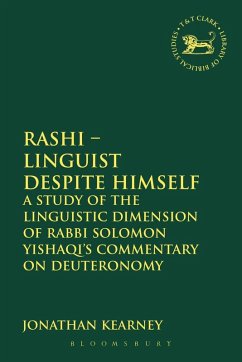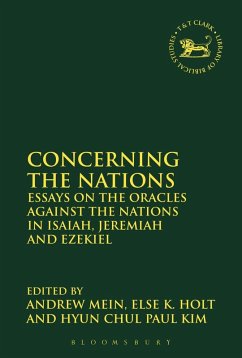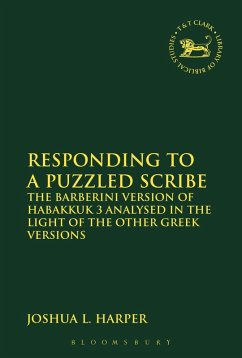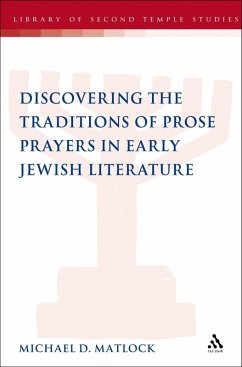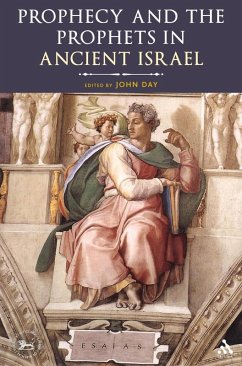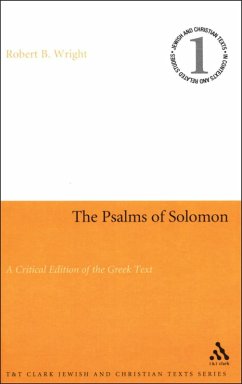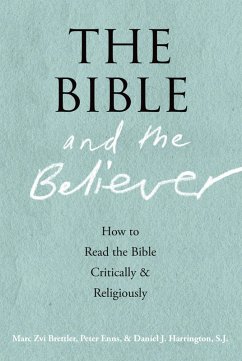
Elohim within the Psalms (eBook, PDF)
Petitioning the Creator to Order Chaos in Oral-Derived Literature
Versandkostenfrei!
Sofort per Download lieferbar
31,95 €
inkl. MwSt.
Weitere Ausgaben:

PAYBACK Punkte
16 °P sammeln!
The issue of the so-called Elohistic Psalter has intrigued biblical scholars since the rise of the historical-critical enterprise. Scholars have attempted to discover why the name Elohim is used almost exclusively within Pss 42-83, and in particular they have attempted to identify the historical circumstances which explain this phenomenon. Traditionally, an original Yhwh was understood to have been replaced by Elohim. Frank-Lothar Hossfeld and the late Erich Zenger propose that the use of the title Elohim is theologically motivated, and they account for this phenomenon in their redaction-histo...
The issue of the so-called Elohistic Psalter has intrigued biblical scholars since the rise of the historical-critical enterprise. Scholars have attempted to discover why the name Elohim is used almost exclusively within Pss 42-83, and in particular they have attempted to identify the historical circumstances which explain this phenomenon. Traditionally, an original Yhwh was understood to have been replaced by Elohim. Frank-Lothar Hossfeld and the late Erich Zenger propose that the use of the title Elohim is theologically motivated, and they account for this phenomenon in their redaction-historical work. Wardlaw here builds upon their work (1) by integrating insights from Dell Hymes, William Miles Foley, and Susan Niditch with regard to oral-traditional cultures, and (2) by following the text-linguistic approach of Eep Talstra and Christof Hardmeier and listening to canonical texture as a faithful witness to Israel's religious traditions. Wardlaw proposes that the name Elohim within the Psalms is a theologically-laden term, and that its usage is related to pentateuchal traditions.




